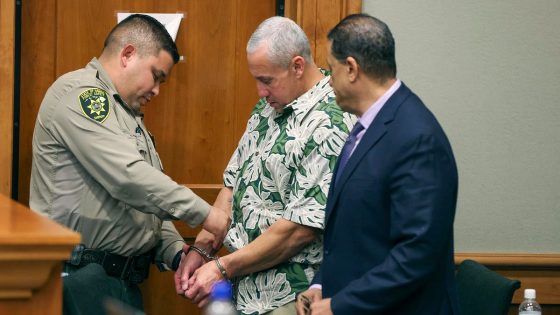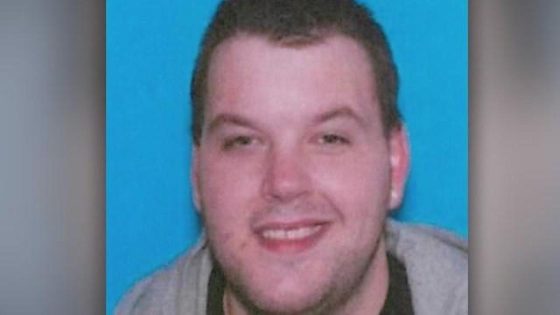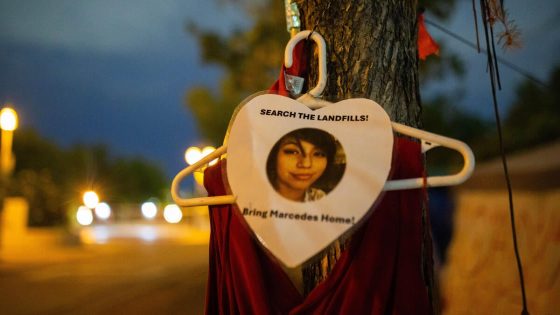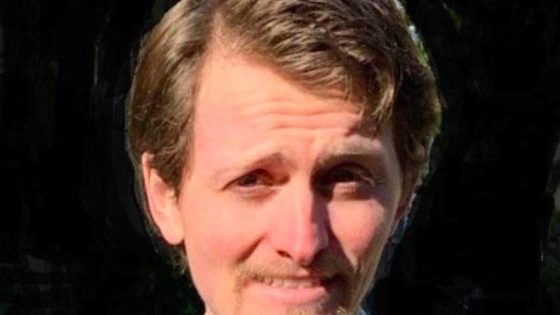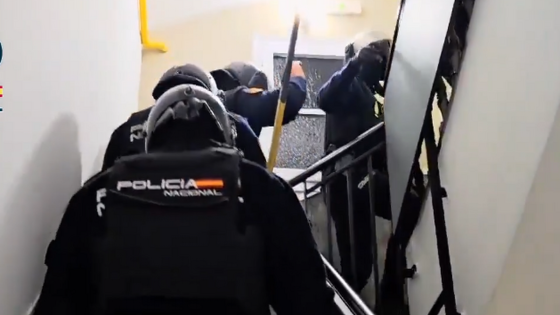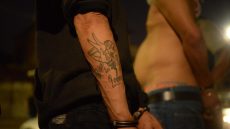Two Native Hawaiian brothers, Albert “Ian” Schweitzer and Shawn Schweitzer, found themselves at the center of a painful chapter in Hawaiian history dating back to the murder of Dana Ireland in 1991. On December 24 of that year, the then 23-year-old tourist from Virginia was discovered in a secluded area of the Big Island, clinging to life after a brutal attack. Her partially clothed body bore the signs of a terrible sexual assault, and despite the swift efforts of emergency services, she succumbed to her injuries later that evening. The tragedy garnered national attention, thrusting the local police under immense pressure to solve a case that seemed to defy straightforward resolution.
- Two Native Hawaiian brothers allege police framing.
- Schweitzer released after over two decades imprisoned.
- Lawsuit includes claims of misconduct and conspiracy.
- New DNA technology implicated a different suspect.
- Brothers seek compensation for wrongful convictions.
- Murder of Dana Ireland drew national attention.
The investigation that followed was fraught with errors and alleged misconduct, culminating in the wrongful conviction of the Schweitzer brothers. Albert was convicted in 2000, declaring his innocence throughout a grueling two-decade imprisonment, while Shawn struck a plea deal on lesser charges following his brother’s conviction. This tragic saga took another turn in 2023 when newly uncovered DNA evidence led to the release of Ian Schweitzer, prompting the brothers to file a federal lawsuit against Hawaii County and key figures involved in their convictions, including a former police chief and detectives from the ill-fated investigation.
“It’s crucial to name everybody individually,” remarked Alexander Silvert, the public defender who represented them, emphasizing the importance of accountability in a case marred by lost years and shattered lives. The brothers maintained that there was a dearth of physical evidence linking them to Dana Ireland’s murder, arguing that investigators acted recklessly under the strain of public outcry, leading to wrongful convictions founded on little more than hurried conclusions and reactive policing.
In the wake of new DNA technology, a potential suspect emerged in 2022: Albert Lauro Jr., who, despite having DNA that traced back to the crime scene, was not arrested. He lived a mere two miles from where Ireland’s body was located. The systemic failures continued as police decided against taking immediate action, leading twenty years of hiding a dark truth to culminate in tragedy as Lauro took his own life shortly after being tested.
Lawyers for the Schweitzers detailed the futility of the brothers’ plight, claiming, “Instead, Defendants released Mr. Lauro, allowing a man who had been hiding a secret for more than two decades to return home free to do whatever he wanted.” This glaring oversight raised questions about law enforcement’s responsibility and the ethical obligation to prioritize the safety of the community over the management of public perception.
As the federal lawsuit unfolds in U.S. District Court in Honolulu, it seeks redress for what the brothers argue is a litany of constitutional violations, including claims of due process denial and malicious prosecution—claims they hope will not only grant them justice but also shine a light on broader issues of accountability within the criminal justice system in Hawaii. The filing reflects a growing awareness of the need for legal reforms.
“We told them that he would either run or he would commit suicide and you know, our words came true,” stated William Harrison, one of the attorneys representing the Schweitzers, highlighting the frustrations of those who felt theirwarnings went unheeded amid the chaos of the investigation.
The case also raises poignant questions about the deeper societal implications of high-profile crimes, with Kenneth Lawson, co-director of the Hawaii Innocence Project, pointing to engendered bias that often arises in investigations involving a victim of a particular demographic. “Whenever you have a White, female victim… it gets a lot more attention than people of color and Native Hawaiians,” he explained, reflecting on the injustices that can accompany public scrutiny and law enforcement efforts.
As the brothers work to reclaim their lives and secure compensation for the years lost to wrongful convictions—seeking $50,000 for each year Ian spent in prison—the events surrounding Dana Ireland’s murder serve as a stark reminder of the failures that can occur in a system rushed by the need for closure rather than truth. While the journey to justice continues, calls for reform echo through the halls of the justice system, urging accountability while shedding light on the often-overlooked narratives of those wrongfully accused. The question now looms: will future developments bring resolution or further complicate an already fractured tale?



